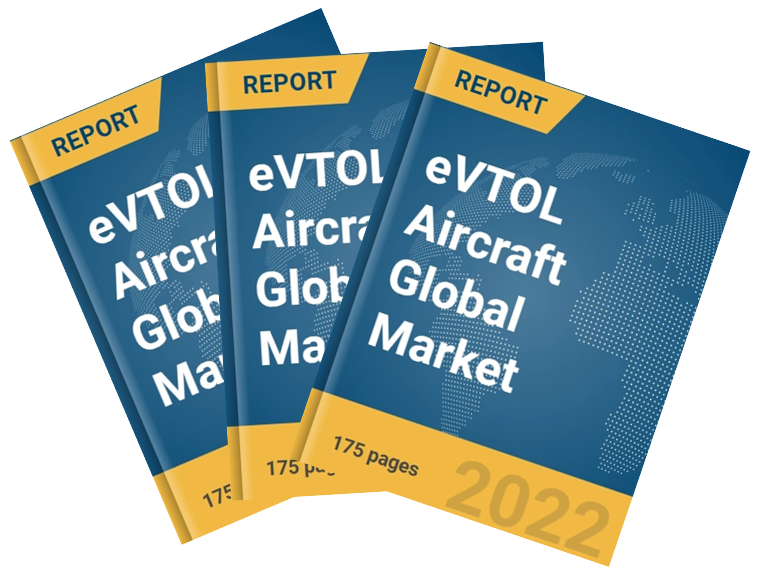
Research and Markets forecast the global eVTOL aircraft market to grow from USD 6.73 billion in 2021 to USD 8.09 billion in 2022 at a compound annual growth rate (CAGR) of 20.16%. Further, it reports that the market is expected to grow to USD 18.92 billion in 2026 at a compound annual growth rate (CAGR) of 23.66%.
In a press release about the new report Research and Markets report “North America was the largest region in the eVTOL aircraft market in 2021. North America is expected to be the fastest-growing region in the forecast period. The regions covered in the eVTOL aircraft market report are Asia-Pacific, Western Europe, Eastern Europe, North America, South America, Middle East and Africa.
“The growing need for green energy and noise-free aircraft is propelling the growth of the eVTOL aircraft market. The strive for greater fuel efficiency and reduction of noise pollution is the central need to reduce environmental impact. The energy for eVTOL aircraft is generated by powered lift designs using turbofan engines with auxiliary/ augmented lift fans. Most electric-powered VTOL aircraft being developed today will use distributed electric propulsion (DEP) as a gateway to sustainable aviation. For instance, in March 2020, according to an article published by Dassault Systèmes, a Europe-based company, estimated the growing need for eVTOL aircraft where the market will grow exponentially, to an estimated 1.3 billion passengers over 20 years, with a demand for 28,000 eVTOL aircraft. Therefore, the growing need for green energy and noise-free aircraft will drive the growth of the eVTOL aircraft market.
“Technological advancement is a key trend gaining popularity in the eVTOL aircraft market. Major companies operating in the eVTOL aircraft market are focused on providing technologically-advanced solutions to strengthen their market position. These companies are implementing next-generation eVTOL aircraft technologies into their services, such as IoT, ultra edge hydrogen and battery cell, Onboard sensors and collision prevention systems, AI technology, 5G communication, and others. For instance, In April 2022, Hyundai, an automotive manufacturer company, explored hydrogen fuel cell technology for the electric short Take-off and landing eVTOL aircraft segment. The company expects hydrogen fuel cell technology to have a long enough range to complete intercity trips.”
For more information
(Image: Research and Markets)

